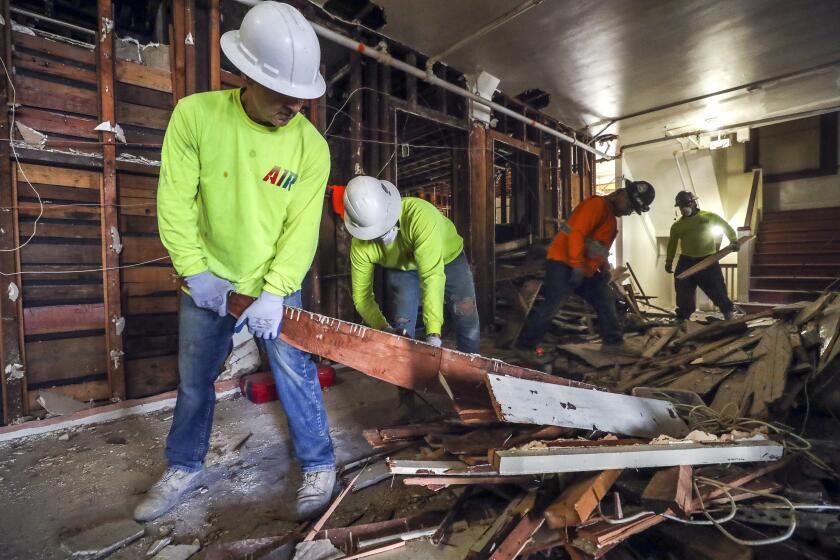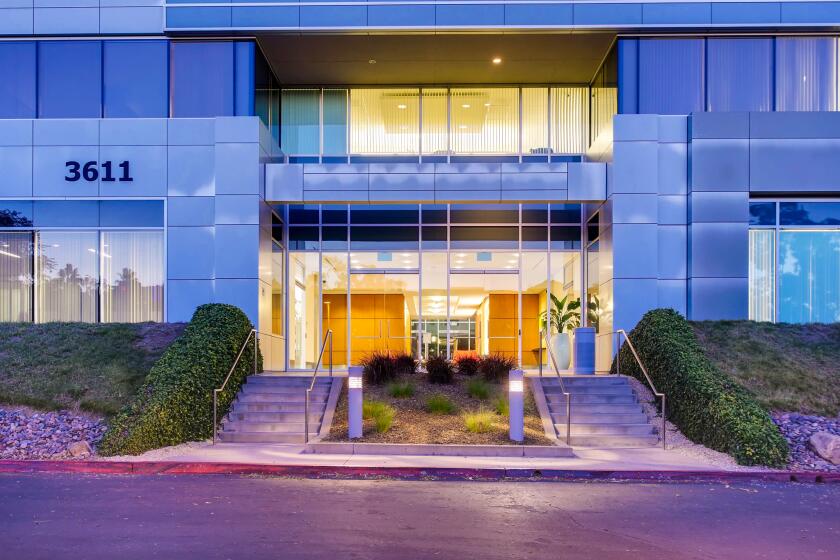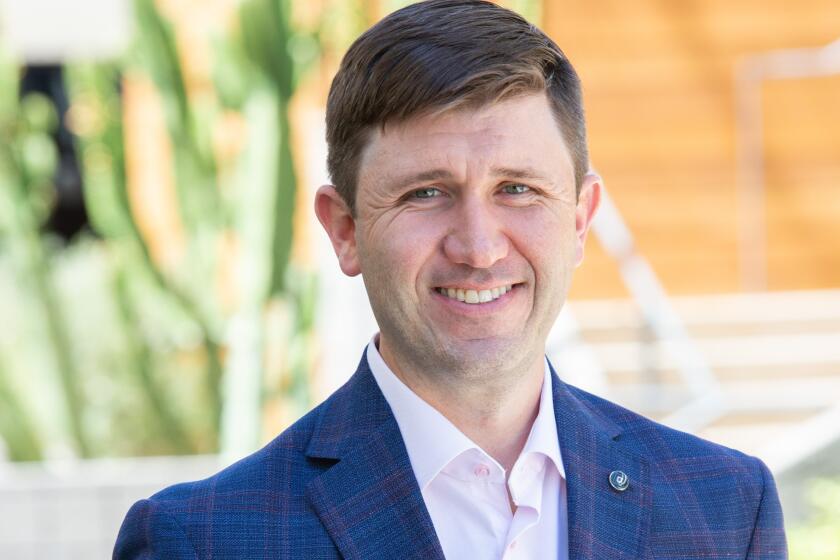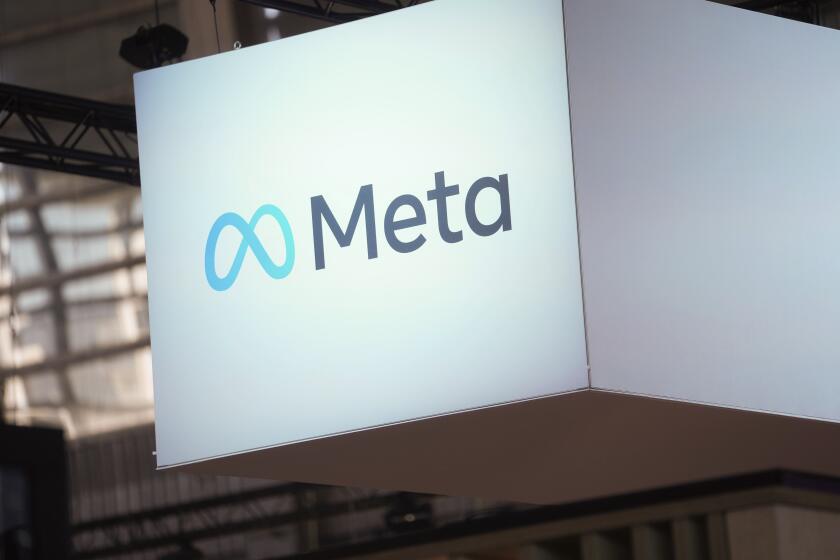Second act: Founder of Edico Genome, bought by Illumina, eyes mobile tech to beef up biomedical research
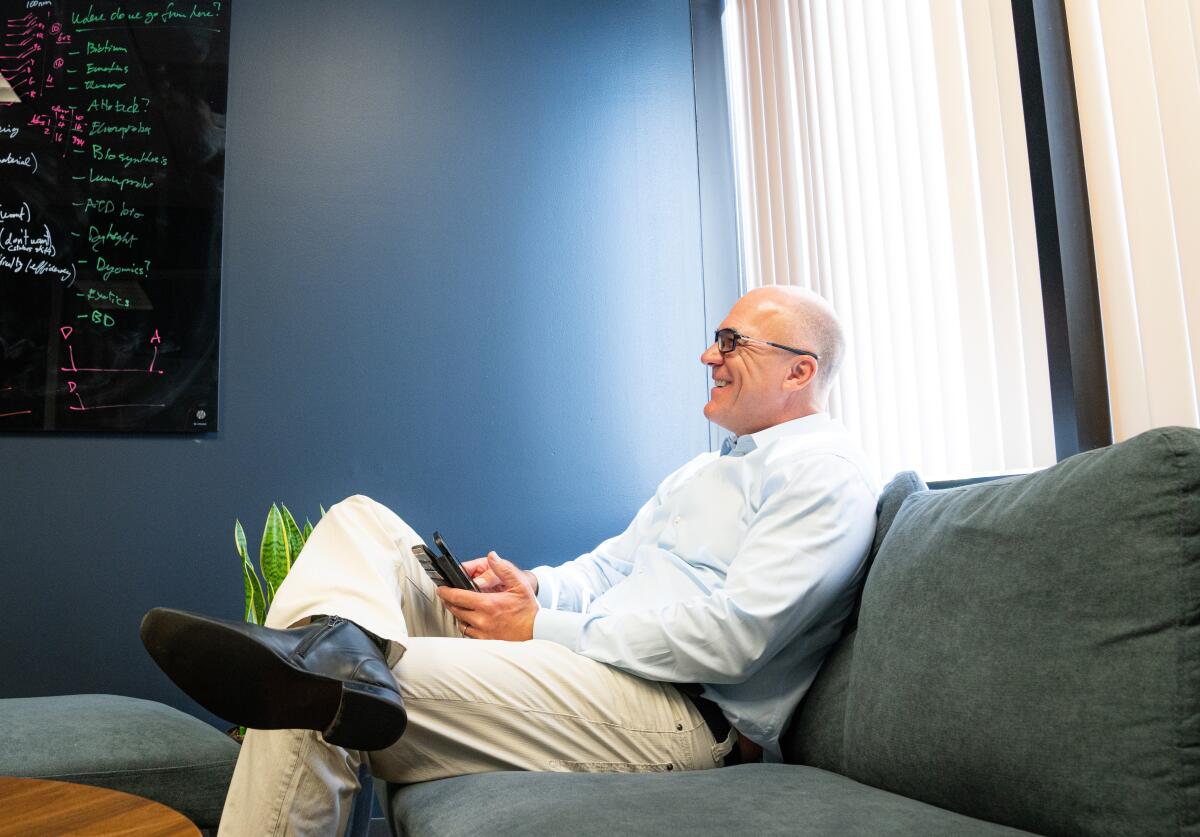
When Pieter van Rooyen sold Edico Genome to Illumina four years ago for $100 million, it was an early example of San Diego’s semiconductor and software expertise spilling over into the region’s fast-growing genomics sector.
Now van Rooyen is aiming to do it again. But this time, he’s tapping advanced coding techniques used in cellular communications to boost the speed and capacity of testing for clinical diagnostics and biomedical research.
This story is for subscribers
We offer subscribers exclusive access to our best journalism.
Thank you for your support.
His new startup, Pleno, announced today that it has raised $15 million in seed funding. The investment was led by Medical Excellence Capital and Alexandria Ventures.
Local biotech veteran Greg Lucier, former chief executive of Life Technologies and NuVasive, also invested and was named chairman of Pleno’s board of directors.
“Rarely do I see a company with the potential to disrupt both emerging and mature markets on the scale of what is possible with Pleno’s technology,” said Lucier. “This isn’t an incremental innovation, it’s a game changer for biomedical research and the widespread clinical adoption of applications like liquid biopsies.”
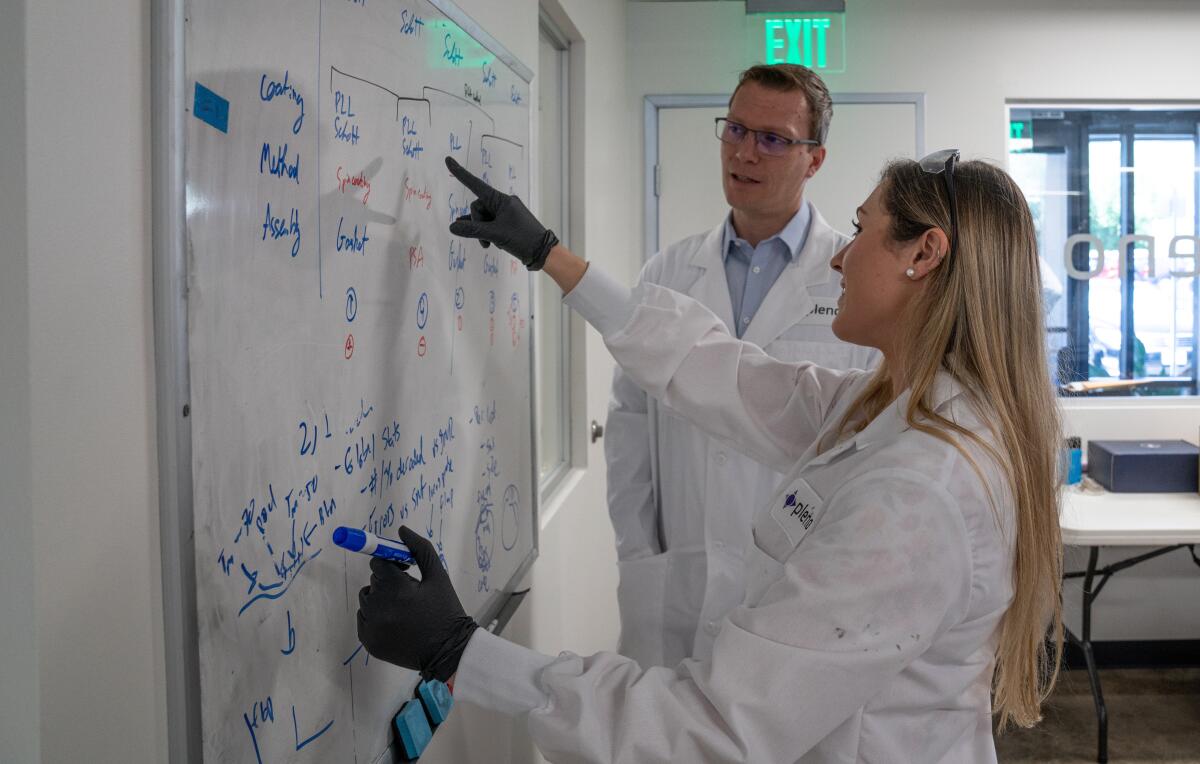
At Edico Genome, van Rooyen and his team built the DRAGEN Platform, a combination of hardware and software that accelerates the processing of mountains of data produced by Illumina’s Next Generation Sequence machines. It remains a branded stable of Illumina’s product portfolio.
At Pleno, the startup is tapping signal processing techniques from the telecom industry to find biological information — including DNA, RNA, methylation and proteomic markers. It is developing an instrument akin to a Polymerase Chain Reaction machine, or PCR.
PCR instruments became widely known during the pandemic. They were the chief tool for COVID testing in labs, finding snippets of the virus’s genetic material in samples.
PCR-like testing has advantages over other lab-based methods, said van Rooyen, including simple workflow, lower costs and high output.
“It is just much more aligned to do testing at scale,” he said. “The limitation with PCR is you can only detect a handful of targets. So, the technology that we are developing, which we call hypercoding, is extending PCR to the next generation where you can expand the number of targets that you want to detect by three or four orders of magnitude.”
Pleno claims hypercoding can look for 10,000 targets in a sample while still processing 10,000 samples per day. The company expects to have an Alpha version of its instrument to be ready in late 2023.
“Hypercoding is going to be the way to do any testing if you know what you are looking for,” said van Rooyen. “It’s better than PCR, but with the same workflow simplicity as PCR.”
Pleno has 30 patents either granted or pending on its technology. It employs 14 workers today but expects to boost its headcount to 25 or more by the end of the year.
“San Diego is really the perfect place to develop this technology, with it being a combination of the biotech side of things and the telecom side of things,” said Gavin Stone, vice president of product development at Pleno. “Those are the two big industries that San Diego has really grown over the past couple of decades.”
Get U-T Business in your inbox on Mondays
Get ready for your week with the week’s top business stories from San Diego and California, in your inbox Monday mornings.
You may occasionally receive promotional content from the San Diego Union-Tribune.

